Jennifer Mnookin Chancellor | Official website
Jennifer Mnookin Chancellor | Official website
The University of Wisconsin–Madison College of Engineering is collaborating with Dairyland Power Cooperative on a significant clean energy project aimed at benefiting rural communities in Wisconsin. The initiative, supported by nearly $579 million in grant and loan funding from the U.S. Department of Agriculture's Empowering Rural America (New ERA) program, seeks to create jobs, reduce emissions, and lower energy costs.
Dairyland Power Cooperative, headquartered in La Crosse, Wisconsin, will use the funds to acquire 1,020 megawatts of renewable energy through four solar and four wind power installations across rural areas in Wisconsin, Iowa, Minnesota, and Illinois. This effort is part of a broader $7.3 billion investment announced by President Joe Biden and USDA Secretary Tom Vilsack on September 5, 2024.
The project aims to cut pollution by approximately 3.3 million metric tons of carbon annually—equivalent to removing 729,000 gasoline-powered cars from the road each year. Dairyland plans to leverage the New ERA funding for a total project investment of $2.1 billion.
“Dairyland is honored to receive the New ERA award,” said Dairyland President and CEO Brent Ridge. “This provides an incredible opportunity to accelerate deployment of renewable energy investments, facilitate economic growth and job creation, promote environmental stewardship and justice while lowering energy costs for rural communities.”
The Clean Energy Community Initiative at UW–Madison College of Engineering played a key role in planning community benefits for the proposal. This initiative focuses on community engagement, workforce development, and energy justice activities by bringing together industry experts, policymakers, researchers, and community partners.
“With the Clean Energy Community Initiative,” said Oliver Schmitz, director of the Grainger Institute for Engineering at UW–Madison,“we have created a partner network to support such large-scale clean-energy projects to aid in an equitable execution along community priorities and needs.”
Additionally, the initiative will assist Dairyland in developing plans that benefit farmers and engage unions. It will also facilitate inclusive community workshops designed to identify stakeholder values and priorities.
“Making such investments sustainable and creating the maximum set of community benefits around them is an excellent way for engineers and innovators to serve the Wisconsin Idea,” Schmitz added.
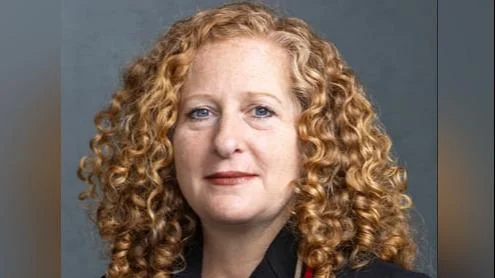
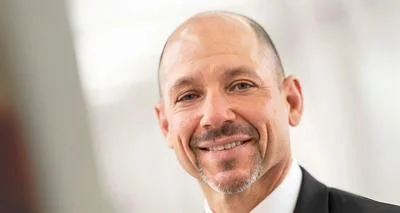
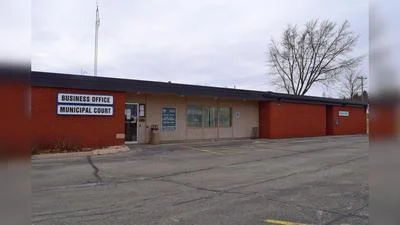
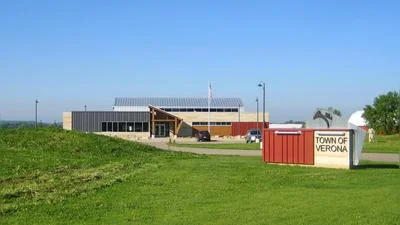
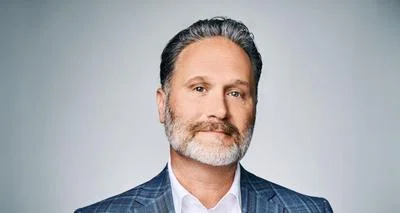

 Alerts Sign-up
Alerts Sign-up